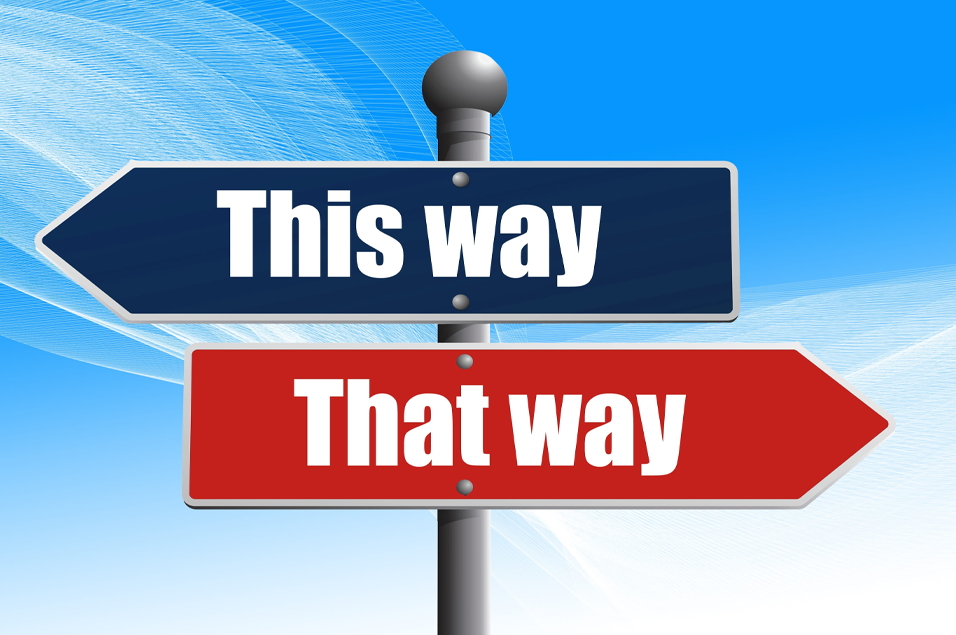One aspect of American culture that has often surprised me is our tendency to put people into camps. You either believe in creation or evolution. You believe in a women’s right to choose or the right to life. You believe wearing a mask is imperative or it doesn’t matter. You either support Trump or you’re a “Trump-hater”. You predominantly support black lives matter or blue lives matter. You believe we must focus on growing the economy or protecting the environment. You believe “taking a knee” is a fit means of protesting police brutality or it’s disrespectful of our flag and country. You’re either part of the radical left or the far-right. This tendency to label and place others in camps has clearly grown with the rise of social media, news programming and divisive political rhetoric. Let me suggest that if we genuinely want to make meaningful progress on issues of faith, race, income inequality, healthcare, abortion, our environment, and education, it is imperative that we become purposeful in turning away from false choices and all the labels flying about, and look in earnest for just, pragmatic and compassionate solutions.
Perhaps the rise of social media like Facebook has facilitated the rise in polarization and labeling. Social media provides a tempting platform from which to promulgate personal views. Unfortunately, images and words can be taken out of context and used to fortify one’s views. Sadly, a once fun means of sharing our lives with family and friends has devolved into a platform for advancing political views. While FB posting has shown themselves to be a poor substitute for the kind of discourse that leads to consensus building, we seem to have little choice but to wait until people burn themselves out with it.
The dominance of tweeting, particularly by leaders in government, sadly often reduces complex issues to snippets that foster false choices, polarizes us, and sets an example for communicating in like fashion. While polar opinions and sharp rhetoric have been a hallmark of our country, including right from our very beginnings, so has civil discourse and debate. Tweets and FB posts are hardly a worthy substitute for hearty debate. Instead of presenting well prepared arguments, listening and learning, we’ve given into tweeting and FB posting, avenues ripe for talking past each other.
The rise of TV news programs that have gravitated into political camps, far from “just the facts”, have also fed into overly simplified views of issues and the presentation of false choices. Our tendency to listen solely to programs that validate our beliefs, limits the information we need to judge rightly and inhibits our ability to recognize that others, coming from different perspectives, may have valid points and ideas outside of the positions we hold onto ever so tightly.
Perhaps our two party political system contributes most to the presentation of limited options and false choices. Politicians often try to press us into supporting them by creating and stoking false choices between their position and exaggerated representations of their opponent’s position. After elections are over, these tactics leave us divided, with little appreciation for options outside of the false choices previously pressed upon us, and cool toward other options and compromise.
The speed and wealth of information continually bombarding us also seems to leave us with little patience for discerning options outside of the false choices being spoon feed to us. The complexities of problems and options that lie between or outside of the choices we’re presented with are often left unsaid by major news outlets, FB posts and tweets.
Given the height of divisions within our country, the number and enormity of problems plaguing us, the propensity of politicians to push false choices, and technologies that readily facilitate labeling, one thing seems clear: if we are going to come anywhere close to resolving our most pressing problems, each of us needs to be purposeful about keeping an open mind and respectfully listening to a broader spectrum of voices. For our own good and the good of our country let me suggest each of us loosen up at least a little to some of the positions we’ve held so tightly to and for so long. Perhaps an observation Mark Twain made though the voice of Tom Sawyer is a warning worth considering from time to time: “It ain’t what ya don’t know that gets a guy in trouble. It’s what you think ya know for sure, that just ain’t so.”

